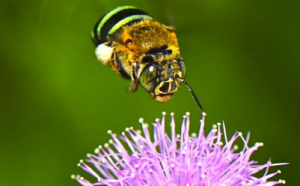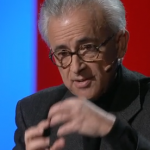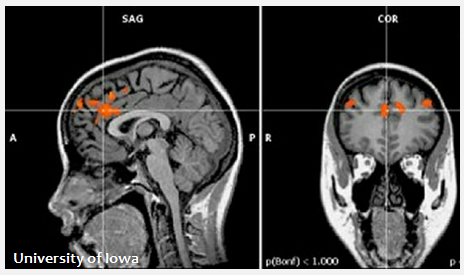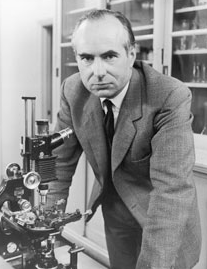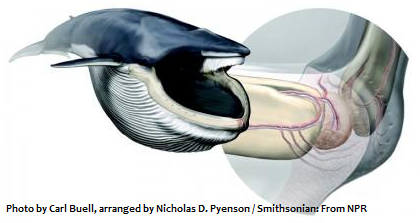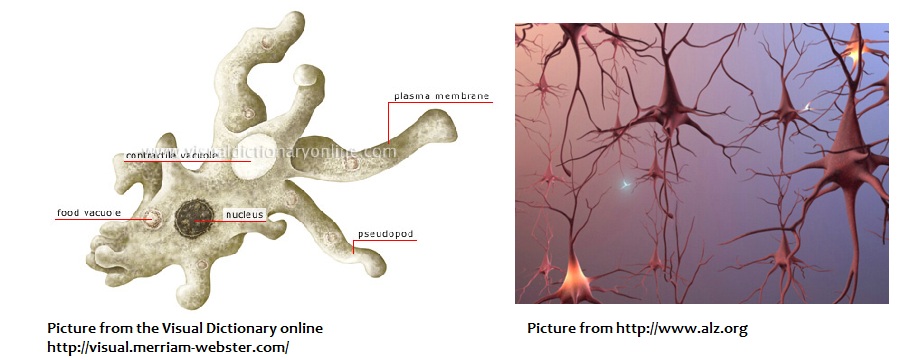Original post by: “ComparativePsychNews-owner@yahoogroups.co”
Auditory cheesecake.
“Cheesecake is interesting,” Levitin explains. “We have this great fondness for it, but we didn’t evolve a taste for cheesecake. In our hunter-gatherer days, it was an adaptive strategy to load up on fats and sweets because they were very hard to find.”
A Pachyderm’s Ditty Prompts An Elephantine Debate
Click Picture for full sotry: tohttp://www.npr.org/2012/08/26/159998889/a-pachyderms-ditty-prompts-an-elephantine-debate

 anctuary in Uganda, has always seemed different from her peers. She’s learned to escape from her enclosure, teases human caretakers, and scores above other chimps in communication tests. Now, Natasha has a new title: genius. In the largest and most in-depth survey of chimpanzee intelligence, researchers found that Natasha was the smartest of the 106 chimps they tested—a finding that suggests that apes have their geniuses, too.
anctuary in Uganda, has always seemed different from her peers. She’s learned to escape from her enclosure, teases human caretakers, and scores above other chimps in communication tests. Now, Natasha has a new title: genius. In the largest and most in-depth survey of chimpanzee intelligence, researchers found that Natasha was the smartest of the 106 chimps they tested—a finding that suggests that apes have their geniuses, too.